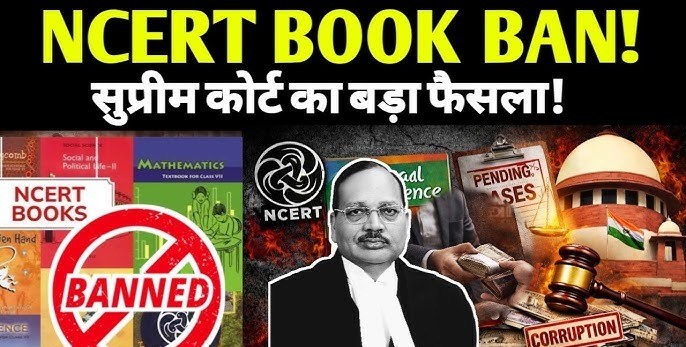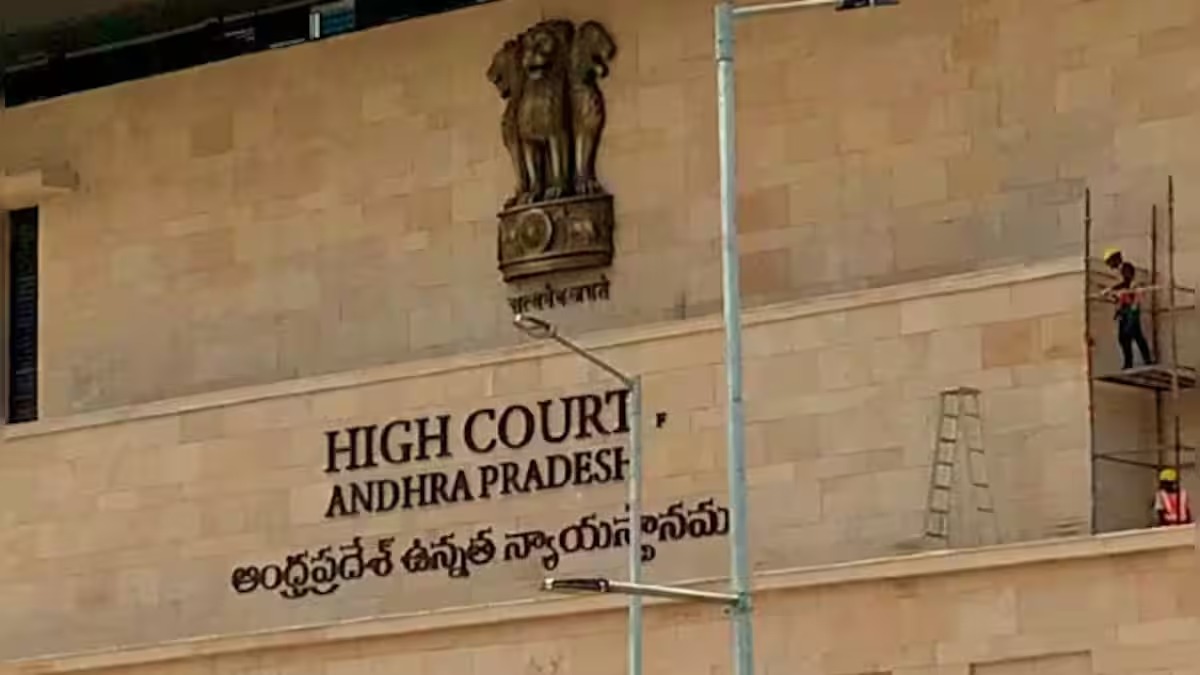C.N. Ramachandran Nair, J.@mdashThis is an appeal filed by the Commissioner of Central Excise u/s 35(G) of the Central Excise Act challenging the order of the Customs, Excise & Service Tax Appellate Tribunal cancelling demand of service tax raised on the respondent confirmed in first appeal by Commissioner (Appeals). Respondent''s appeal was allowed by the Tribunal by holding that they are not an "advertising agency" as defined u/s 65(3) of the Finance Act, 1994. The facts leading to the case are the following:
Respondent is engaged in the business of making and selling of advertisements for customers. Even though registration was taken for payment of service tax under compulsion, they refused to comply with the provisions of Section 68 of Finance Act read with Rule 7 of Service Tax Rules in regard to filing of returns and payment of service tax. However, on enquiry, it was found that respondent was procuring materials, making and selling advertising materials in the form of vinyl stickers, cloth banners, fibre boards, H.T.P. boards, corrugated light boxes, acrylic light boxes, vehicle tyre stephney covers, PVC balloons, display stands, cinema slides, PVC danglers etc. The items purchased were used for making advertising materials for the customers depending on their orders. Respondent''s case is that the main process involved in making advertising material is screen printing of customer''s name, product name and in some cases, even the design work. According to the respondent since the activity is essentially screen printing and sale of advertising materials to the customers, the same does not answer the description of ''advertisement'' as defined u/s 65(2) and consequently, respondent is not an ''advertising agency'' as defined u/s 65(3) of the Finance Act, 1994. However, the adjudicating authority overruled the objections raised by the respondent and completed adjudication demanding service tax for the years commencing from 1996 to 2001 and penalty for the default in complying with the statutory provisions. Even though the first appeal filed against the adjudication order is dismissed by the Commissioner (Appeals), the second appeal filed by the respondent is allowed by the CESTAT. It is against this order, the Commissioner of Central Excise has filed this appeal.
2. We have heard Shri. P. Parameswaran Nair, Asst. Solicitor General appearing for appellant and senior advocate Shri Pathrose Mathai appearing for respondent.
3. Since the question involved has to be considered with reference to the definition clauses contained in Section 65 (2) and (3) of the Finance Act, 1994, the same are extracted hereunder for easy reference.
Section 65(2) : Advertisement includes any notice, circular, label, wrapper, document, hoarding or any other audio or visual representation made by means of light, sound, smoke or gas."
Section 65(3): Advertising Agency means any commercial concern engaged in providing any service connected with the making, preparation, display or exhibition of advertisement and includes an advertising consultant.
In the adjudication order, the Deputy Commissioner has taken note of the fact that respondent''s name itself is "Zodiac Advertisers" and their letter head boldly describes them as a "one stop shop for complete sales promotion materials". As already stated, the nature of activity of respondent is purchase of materials for making vinyl stickers, cloth banners, fibre boards, H.T.P. boards, corrugated light boxes, acrylic light boxes, vehicle tyre stephney covers, PVC balloons, display stands, cinema slides, PVC danglers etc., and making and sale of advertising materials to customers depending on their needs, mainly by screen printing of their names, product name, design work, etc. Even though respondent claims that they are mainly engaged in screen printing work, they are not disputing the fact that the printing is done only for the purpose of advertisement, In other words, respondent, admittedly, is engaged in production and sale of advertising materials based on orders issued by customers.
4. The question to be considered is whether this activity of the respondent answers the description of "advertisement", and further whether respondent answers the description of "advertising agency" under the above definition clause. Advertisement is given an inclusive definition and it is, any notice, circular, label, wrapper, document, hoarding or any other audio or visual representation made by light, sound, smoke or gas. Admittedly, respondent is engaged in printing and making of advertising materials with the name, product name, logo or trade name, etc. of the customer with or without design work, and the advertising board or banner or sticker or box so made is supplied to the customer for display. Besides this, respondent is making advertising materials like PVC balloons, display stands, cinema slides etc. Since these items squarely come within the meaning of label, wrapper, document, hoarding or any other audio or visual representation as stated u/s 65(2) of the Act, the adjudicating officer took the view that the product made by respondent for customer is advertisement as defined u/s 65(2) of the Act and consequently respondent is liable to pay service tax as an ''advertising agency''.
5. The Tribunal has assumed that advertisement in all the cases is a creative work involving conceptualisation, visualisation, designing etc. According to the Tribunal, since respondent was not engaged in all these activities, their work does not involve making of advertising material and therefore respondent does not answer the description of advertising agency. Even though advertisement in many cases may involve what the Tribunal has stated, it is wrong to think that anything else is not advertisement. It is for the customer to decide what type of advertisement meets his requirement. It is very common that products are advertised just with the name or with the logo or with the design and in some cases, advertisements are given only in the name of the manufacturer or in the name of the product or both. We do not find any basis for the Tribunal''s assumption that advertising material is always a product of conceptualisation, visualisation or designing by the Advertising Agency concerned which makes it. Several persons may be involved in the making of an advertising material and each and everyone may have role in it. The Tribunal has assumed that the advertisement in all cases involve entire comprehensive activities of making of the material and display of the same. In fact, repetitive use of same advertising material is also advertisement. We have already noticed that advertisement by showcasing or publication or display of product name, logo, manufacturer''s name etc. is very common. We find the definition is an inclusive one, wide enough to cover anything independently referred to therein. Therefore, we are of the view that the making and sate of advertising materials for customers in the form of banner or hoarding or film-slide, etc. is ''advertisement'' as defined u/s 65(2) of the Act.
6. .The next question to be considered is whether the respondent answers the description of an "advertising agency" as defined u/s 65(3) of the Act. We notice that the Tribunal held in favour of respondent by holding that "to be called as an ''advertising agency'', all the activities mentioned in the definition should be carried out by the person." We completely disagree with this view of the Tribunal because what is required in the definition clause to qualify an ''advertising agency'' is, that, the commercial concern should be engaged in providing any service connected with making, preparation, display or exhibition of advertisement and includes an advertising consultant. The Tribunal, while interpreting the provisions, virtually re-enacted the legislation by substituting "any service" with "all services", which in our view will defeat the very purpose of legislation. When the legislature says any commercial concern engaged in providing any service connected with advertisement is an ''advertising agency'', the Tribunal has no authority to hold that carrying on of all of the activities pertaining to advertisement only will attract the definition clause. It is common knowledge that an advertisement as conceived by the Tribunal in their order is the product of the efforts of several persons or agencies. When the legislature, which is presumed to be familiar with the nature of business on which legislation is made, makes any activity connected with it liable, the Tribunal cannot defeat it by holding that all activities resulting in advertisement only will attract liability. We are of the view that all commercial concerns engaged in any of the activities connected with advertisement, which includes making, preparation, displaying or exhibition of advertisement, answer the description of ''advertising agency''. In other words, all activities referred to in definition clauses need not be carried out by the commercial concern to answer the description of ''advertising agency''. Since respondent is admittedly engaged in production and sale of advertisements with the materials referred above, based on customer''s orders, the Assessing Officer rightly held respondent to be liable to pay service tax as an ''advertising agency". Even though learned senior counsel appearing for the respondent relied on the Circular dated 16-8-1999, F. No. 345/4/97-TRU, issued by the Ministry of Finance granting exemption to the persons engaged in printing and publishing of telephone directories, yellow pages or business directories, we do not think such decision can apply to the respondent because respondent is admittedly engaged in production and sale of advertising materials only and is not engaged in printing work only.
7. We, therefore, allow the appeal by reversing the order of the Tribunal and by restoring the adjudication confirmed by the Commissioner (Appeals). However, we find that on account of non-production of records, such as work orders, accounts pertaining to purchases and sales, the adjudicating officer has estimated the value of taxable services and demanded tax and penalty thereon. The first appellate authority did not accept the respondent''s contention that the estimation is arbitrary, because they did not produce books of accounts or other details before the adjudicating officer. Even though in the normal course, we should remand this matter to the Tribunal for consideration of reasonableness of estimation, we feel one more opportunity can be granted to the respondent to produce work orders and accounts pertaining to purchases and sales made, before the adjudicating officer for re-fixation of liability. The respondent is granted two months time from today to produce copies of work orders and accounts pertaining to purchases and sales before the adjudicating officer for re-fixation of turnover and liability. Since respondent succeeded, at least at the Tribunal stage, we feel it is a fit case to cancel the penalty. However, cancellation of penalty will be on condition that the respondent will make payment of tax with applicable rate of interest within the time granted by the adjudicating officer. The adjudicating officer is, accordingly, directed to refix liability and revoke the penalty, if respondent co-operates with the Department by producing records and remitting the tax within the time granted by the Officer for payment. If respondent does not produce records within the time granted above, original demand including penalty will stand sustained and recovery can be made after two months.

